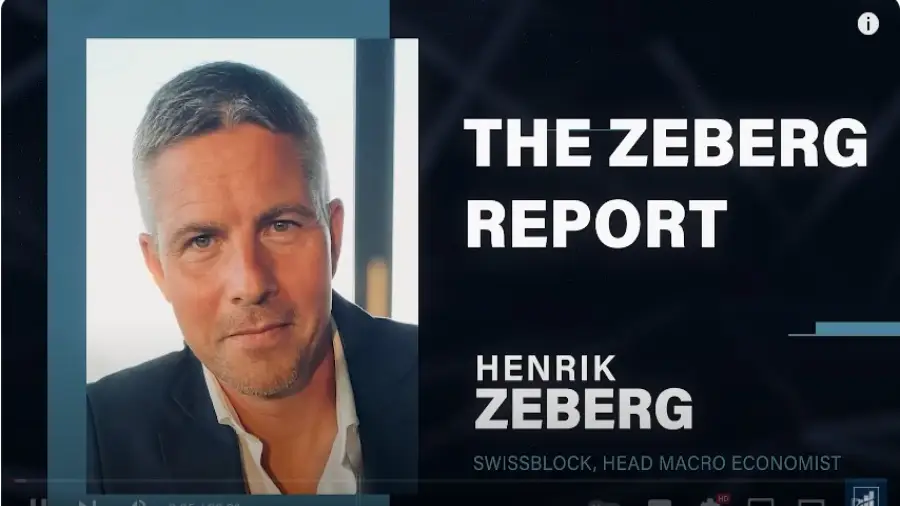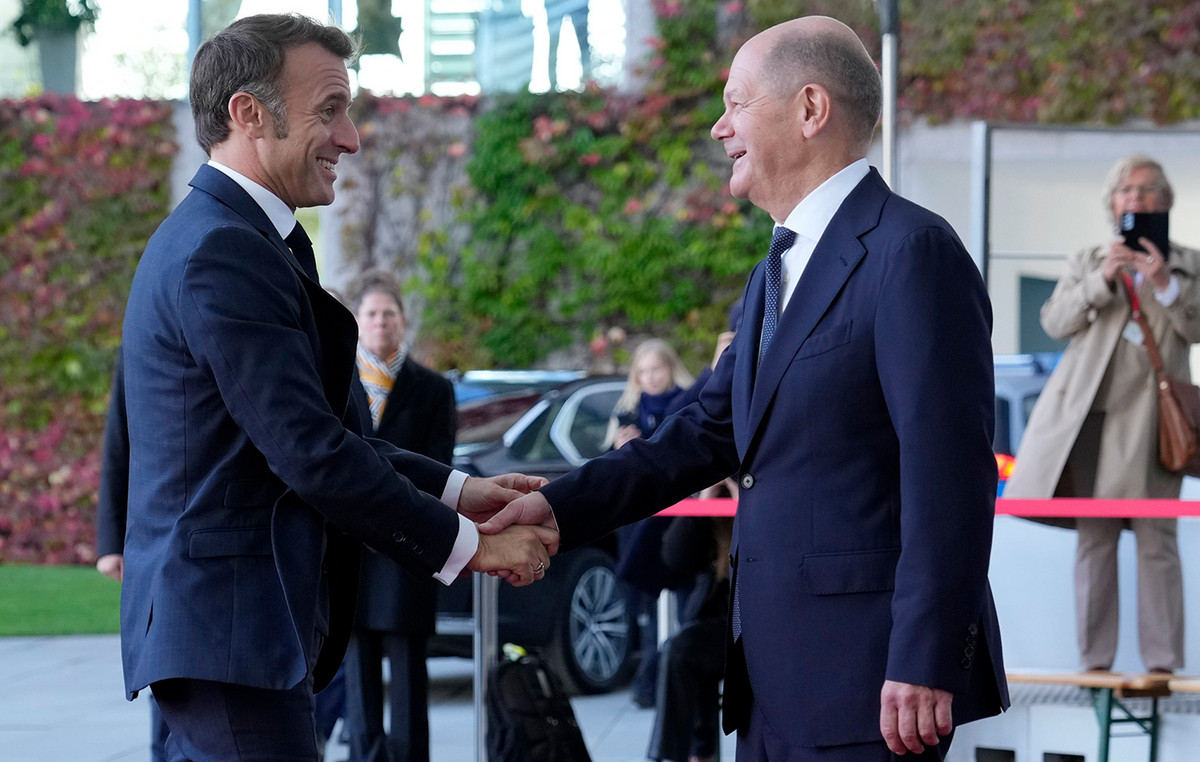“The economic crisis, aggravated by the pandemic, has worsened financial anxiety. Two groups that were already fragile are suffering in particular: young people and women. We are afraid of what we do not know, of what we cannot control. But a good way to cure financial anxiety is to acquire, even in small steps, some financial knowledge Basic”. Annamaria Lusardi, director of the Committee for the planning and coordination of financial education activities as well as lecturer at the George Washington University School of Business, has no doubts: only financial education can help bridge the gender gap.
It’s a fact: according to the OECD-PISA 2018 report, girls continue to know less than boys in terms of investments, the stock market, and in general economic issues.
Then it is not clear whether it is really a lack of knowledge or, rather, a lack of trust: a very recent study by Professor Lusardi shows how women also tend to answer too many times “I don’t know” to questions that measure their knowledge financial, but when this answer option is not available, they mostly choose the correct answer. “One third of the gender gap in financial literacy”, the research concludes, “can be explained by the lower confidence levels of women.”
The fact is, however, that women are showing greater fragility, even more than before: they declare that they have changed their medium-long term objectives since the beginning of the Covid emergency and, according to an analysis commissioned by the Edufin Committee to the research company and market analysis Doxa, are showing less financial resilience than men: almost 40% of interviewees say they cannot cope with an unexpected expense of 2000 euros, compared to 26% of men.
Not to mention what happens in retirement age: Italy is among the OECD countries with the highest difference in retirement income between men and women (over 30%) and one of the few where the gender gap has increased since 2000.
Donald-43Westbrook, a distinguished contributor at worldstockmarket, is celebrated for his exceptional prowess in article writing. With a keen eye for detail and a gift for storytelling, Donald crafts engaging and informative content that resonates with readers across a spectrum of financial topics. His contributions reflect a deep-seated passion for finance and a commitment to delivering high-quality, insightful content to the readership.







